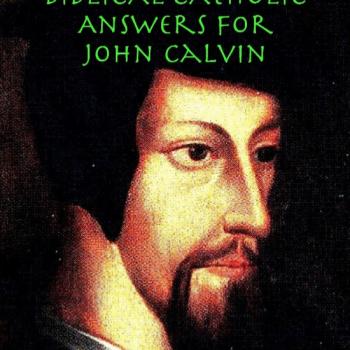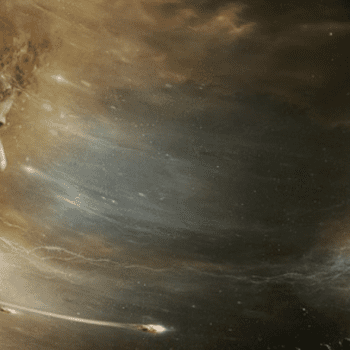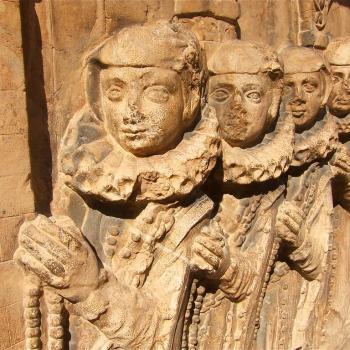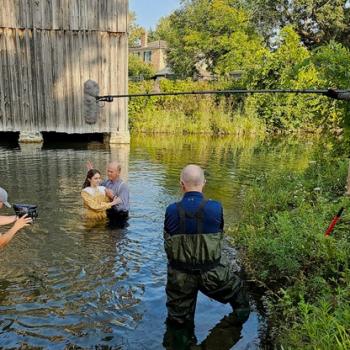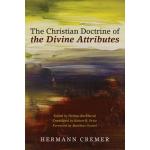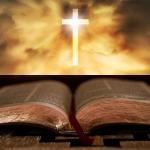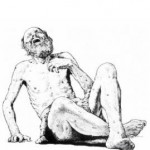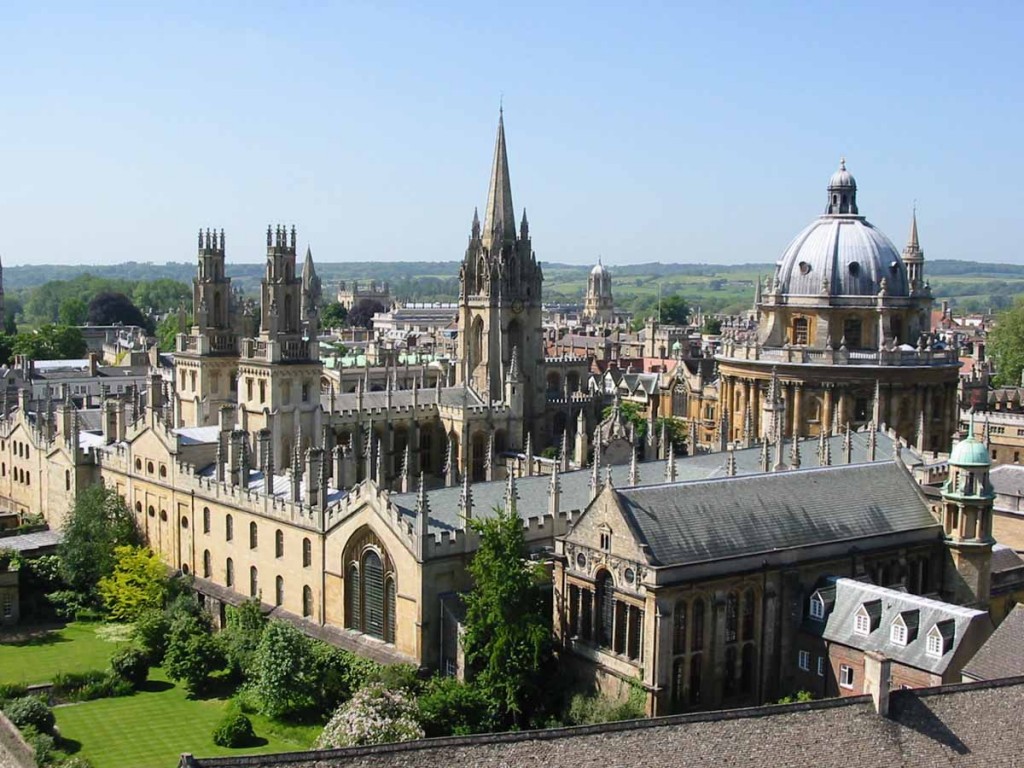
(Wikimedia Commons public domain)
The following notes are drawn from Keith Ward, Why There Almost Certainly Is a God: Doubting Dawkins (Oxford: Lion, 2008). Now retired, Keith Ward was Professor of Philosophy at King’s College of the University of London and then, thereafter, Regius Professor of Divinity at the University of Oxford.
Darwin felt this difficulty strongly. Darwin said, in the Origin of Species, ‘How infinitely complex and close-fitting are the mutual relations of all organic beings.’ And again, in a letter, he wrote, ‘I cannot persuade myself that electricity acts, that the tree grows, that man aspires to the loftiest conceptions, all from blind, brute force. (39)
If you ask whether the process of evolution, as we see it, is hugely improbable, the answer is ‘yes’. The laws of nature could have been different. There might have been no habitable planet circling a star that was not either too hot or too cold. There might have been no origin of life. There might have been no cumulative build-up of complex replicating molecules. There might have been no environment stable enough to allow the long, slow process of organic formation to take place. There might have been no formation of eucaryotic cells, the very complex cells that are the basis of animal organisms. There might never have been consciousness or intelligence. It is because the set of ‘might-have-beens’ is so immensely long that the existence of intelligent life on this planet seems so immensely improbable. (40)
Even Simon Conway Morris, who believes that carbon-based organisms are inevitable given the basic laws of physics, thinks that the existence of a planet on which such organisms could thrive is so improbable that it may have only happened once in the whole history of the universe. (38; compare 34-35)
[W]hile Darwinism is a good explanatory theory, it is not a final theory. The process of evolution may not be due to chance; it may even be inevitable, given the basic laws of nature. But that the laws of nature should be as they are, when there are so many possible alternatives, is now where improbability is located. It would be good if we could find some way of reducing that improbability. Darwin has not finally satisfied our intellectual curiosity. One very good candidate for a final explanation is the existence of God, who could ensure that the laws of nature were just right for the evolution of intelligent life. (42)




